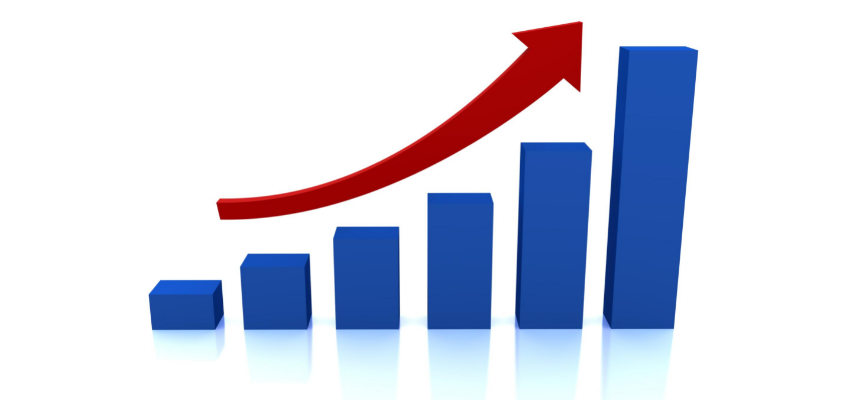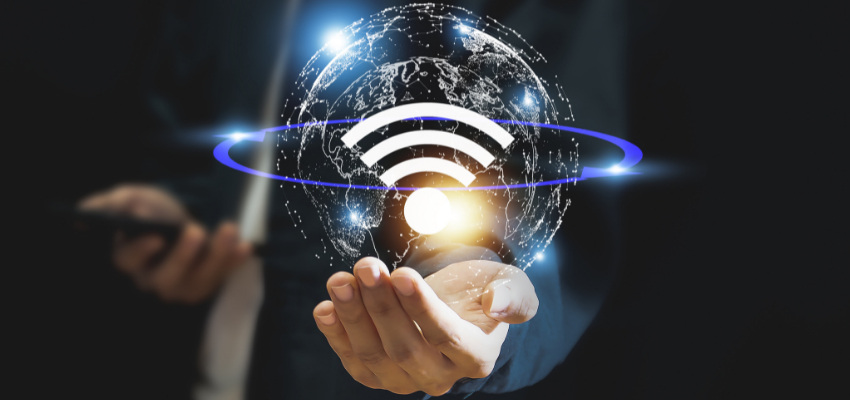Show:
Automation: The Future Of Efficient Marketing Campaigns
Automation serves as the navigational compass, helping businesses to streamline processes, optimize efforts, and ultimately achieve an elevated return on investment. With it, marketers can focus on creative strategy and fine-tuning their messaging.
While automation has been around in various forms for years, it has now become the linchpin for effective, all in one marketing solutions. Automation integrates seamlessly with various marketing tools and platforms to provide a holistic approach to campaign management.

It is the hidden force that powers funnel building, content delivery, and customer engagement, offering a robust set of capabilities that can transform the performance and impact of any marketing campaign.
Understanding Automation
Automation refers to using software and technology to automate repetitive tasks, processes, and campaigns associated with marketing activities.
This can include sending automated emails to customers based on their behavior, posting social media updates, tracking customer interactions, or analyzing data for insights. The aim is to improve efficiency, reduce manual errors, and enable marketers to focus on more strategic aspects of their work, such as planning and creative development.
Marketing automation can be applied across multiple channels, including email, social media, web, SMS, and traditional marketing. It often integrates with customer relationship management (CRM) systems, analytics tools, and other marketing software to offer a unified view of customer interactions and campaign performance.
By leveraging automation, marketers can better understand their audience, personalize marketing messages, and measure the effectiveness of their strategies, all of which can lead to higher conversion rates and improved customer loyalty.
Benefits Of Marketing Automation
Marketing automation offers a multitude of benefits that enhance efficiency, effectiveness, and overall ROI for marketing campaigns. Here are some key advantages in detail:
1. Improved Efficiency
One of the most immediate benefits of marketing automation is the significant increase in efficiency. Tasks that would normally take hours, if not days, can be automated to execute in real time or within moments. This frees up valuable time for the marketing team to focus on their campaigns’ more complex and creative aspects.
2. Personalization At Scale
Marketing automation allows for highly personalized customer experiences without requiring manual input for each interaction. Customer data can be analyzed and segmented to create targeted campaigns, personalized messages, and individualized customer experiences on a scale that would be impossible to manage manually.
3. Data-Driven Decision-Making
Marketing automation tools often have robust analytics features, allowing businesses to make data-driven decisions. Marketers can track a wide range of metrics, from engagement and click-through rates to conversions and customer lifetime value, enabling continuous optimization of marketing strategies.
4. Enhanced Customer Engagement
Automated campaigns can engage customers at various touchpoints in their journey, from the initial point of contact to purchase and beyond. Automated follow-ups, reminders, and personalized recommendations can help maintain customer interest and encourage repeat business.

5. Cost Savings
Although an initial investment is involved in adopting marketing automation tools, the long-term cost benefits are considerable. Automation reduces the need for manual labor and minimizes the risk of human error, resulting in cost savings that can be invested back into more strategic areas.
6. Multi-Channel Consistency
Managing a brand across multiple platforms can be a complex task. Marketing automation helps maintain consistency in messaging and brand presentation across various channels, such as social media, email, or web platforms.
7. Real-Time Analytics
Tracking and analyzing campaign performance in real-time is another significant benefit. This allows for quick adjustments and enables agile marketing practices that can adapt to real-time data and customer behavior.
8. Improved Customer Retention
Automated customer surveys, feedback loops, and loyalty programs make it easier to retain existing customers. It’s generally more cost-effective to keep current customers than to acquire new ones, and automation can play a key role in customer retention strategies.
9. Scalability
As your business grows, your marketing efforts must scale with it. Automation platforms are generally built to be scalable, allowing you to easily expand your marketing activities without a proportional increase in workload or complexity.
10. Competitive Advantage
In an increasingly crowded market, automation can provide a critical edge. The ability to execute more sophisticated, data-driven campaigns at a higher frequency can set a business apart from competitors who are still relying on manual processes.
In sum, marketing automation offers a powerful combination of increased efficiency, data-driven insights, and the ability to personalize at scale, making it an indispensable tool for modern marketing teams.
Effective Automated Strategies
Whether a business is looking to optimize its existing automation setup or is just starting to explore the possibilities, these strategies offer a roadmap to marketing automation success.
1. Automated Social Media Posting
Maintaining a consistent social media presence can be time-consuming. Automated tools can schedule and post updates across various platforms, freeing up time for marketers to focus on engagement and strategy.
2. Drip Email Campaigns
Drip email campaigns are sequences of pre-written, automated emails that guide potential customers down the sales funnel. They are generally triggered by a specific event, such as downloading a free ebook, and can be incredibly effective for lead nurturing.

3. Retargeting Campaigns
Automated retargeting campaigns serve ads to users who have previously interacted with your brand but haven’t made a purchase. These ads can be displayed across different platforms and are effective in bringing back potential customers who have shown interest in your products or services.
4. Customer Segmentation
Automation tools can analyze customer data to segment your audience into different categories based on behavior, demographics, or engagement. This enables highly targeted marketing campaigns that are more likely to result in conversions.
5. Automated Surveys And Feedback Collection
Automated systems can send out surveys to gather feedback after a customer purchases or interacts with a service. This data is invaluable for improving products and customer experience.
6. Automated SMS Campaigns
Text message marketing can be effective for timely promotions and updates. Automating this process can help businesses reach out to customers at critical moments, such as abandoned cart reminders or flash sales.
7. Personalized Recommendations
E-commerce websites can benefit greatly from automated algorithms that provide personalized product recommendations based on browsing history, previous purchases, or other behavioral triggers.
8. Customer Service Chatbots
Chatbots can handle a variety of tasks, from answering frequently asked questions to assisting in the sales process. This automation improves customer service without requiring constant human intervention.

9. A/B Testing
Automated A/B testing tools can test different versions of web pages, emails, or ads to determine which performs best in terms of engagement, conversions, or any other metric. The automation software can then automatically allocate more resources to the higher-performing option.
10. Automated Reporting And Analytics
One of the most valuable uses of automation is in the collection and analysis of data. Automated reporting tools can generate insights on everything from customer behavior to campaign ROI, providing invaluable information for future strategy development.
Each automated strategy has its own set of best practices and can be customized to fit specific business goals and customer needs. By integrating one or more of these automation tactics, companies can significantly enhance the efficiency and effectiveness of their marketing campaigns.
The Bottom Line
Automation has emerged as an indispensable ally, enabling marketers to reach unprecedented levels of efficiency, personalization, and data-driven decision-making. It provides an extensive range of capabilities that can amplify the success of any marketing campaign. With options to cater to businesses of all sizes, it facilitates scalability, cost-saving, and competitive advantage.
By leveraging the potent combination of automated strategies outlined in this article, businesses are optimizing their existing operations and paving the way for future successes. Automation isn’t just a tool; it’s the future of efficient marketing campaigns.

 Return to Previous Page
Return to Previous Page








